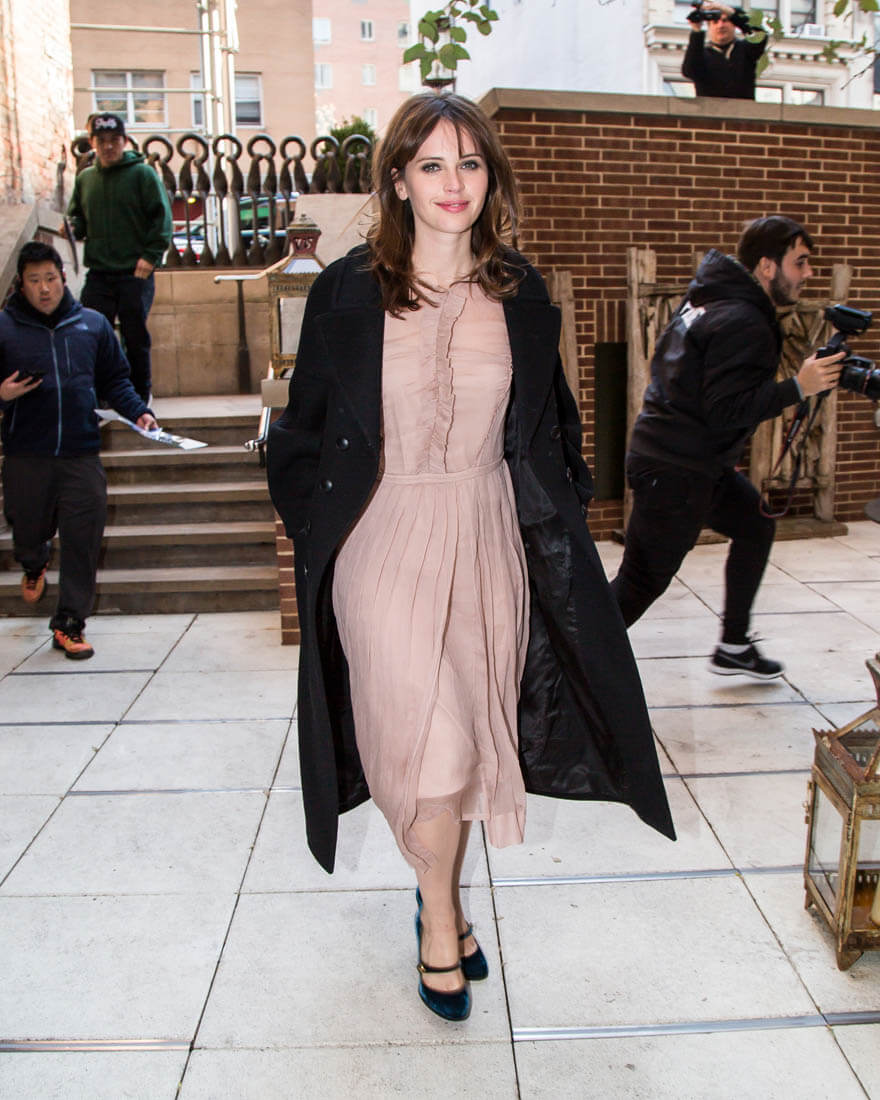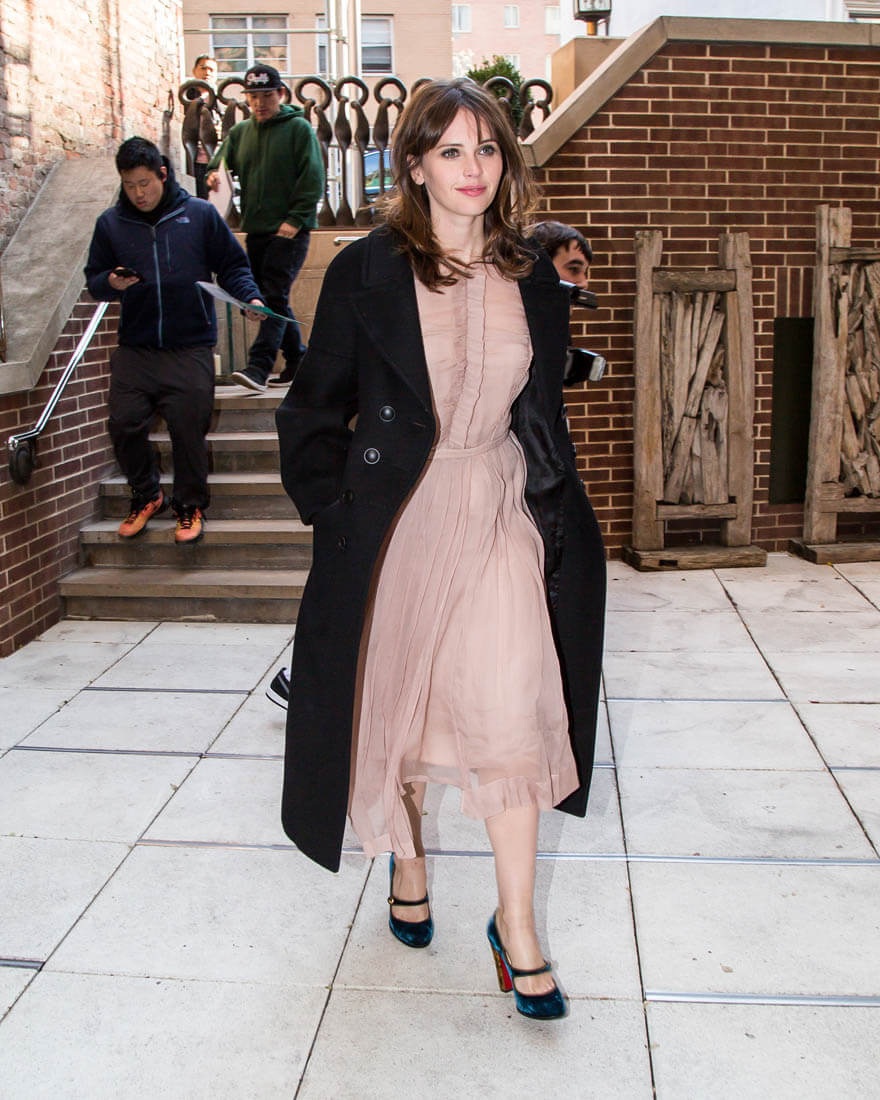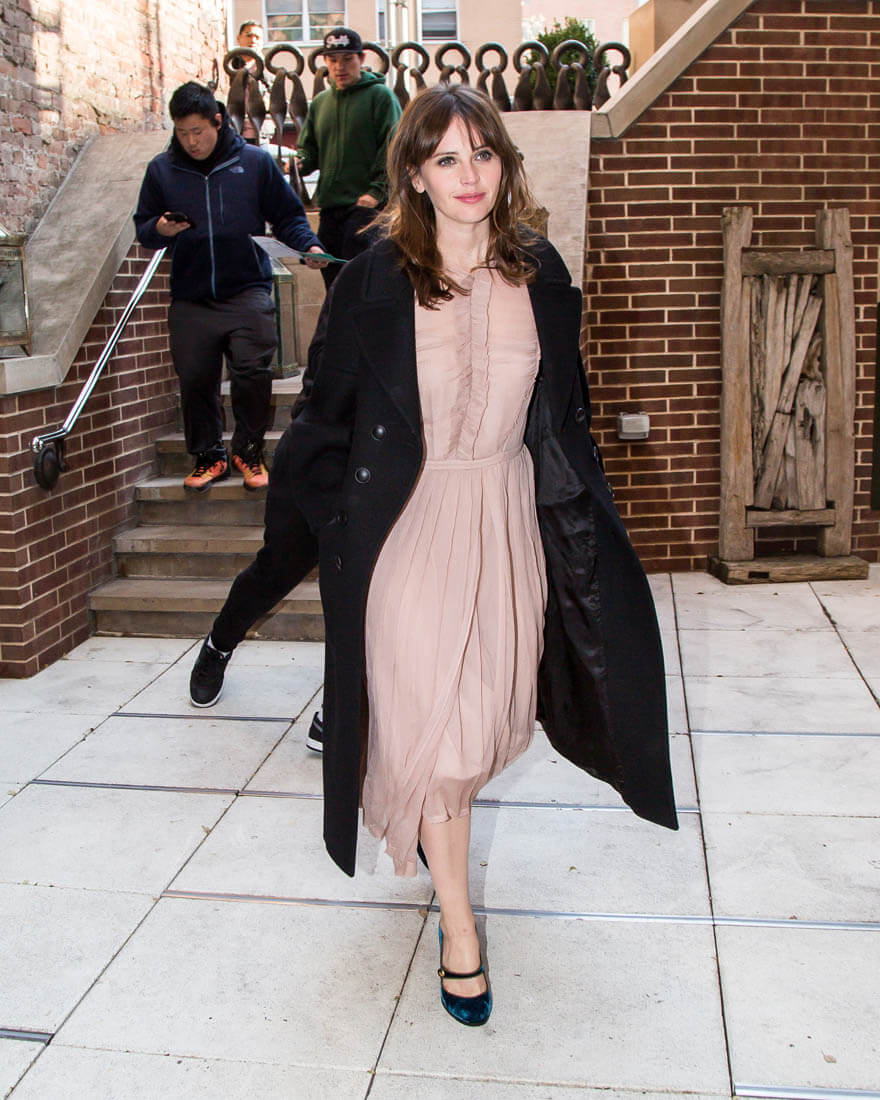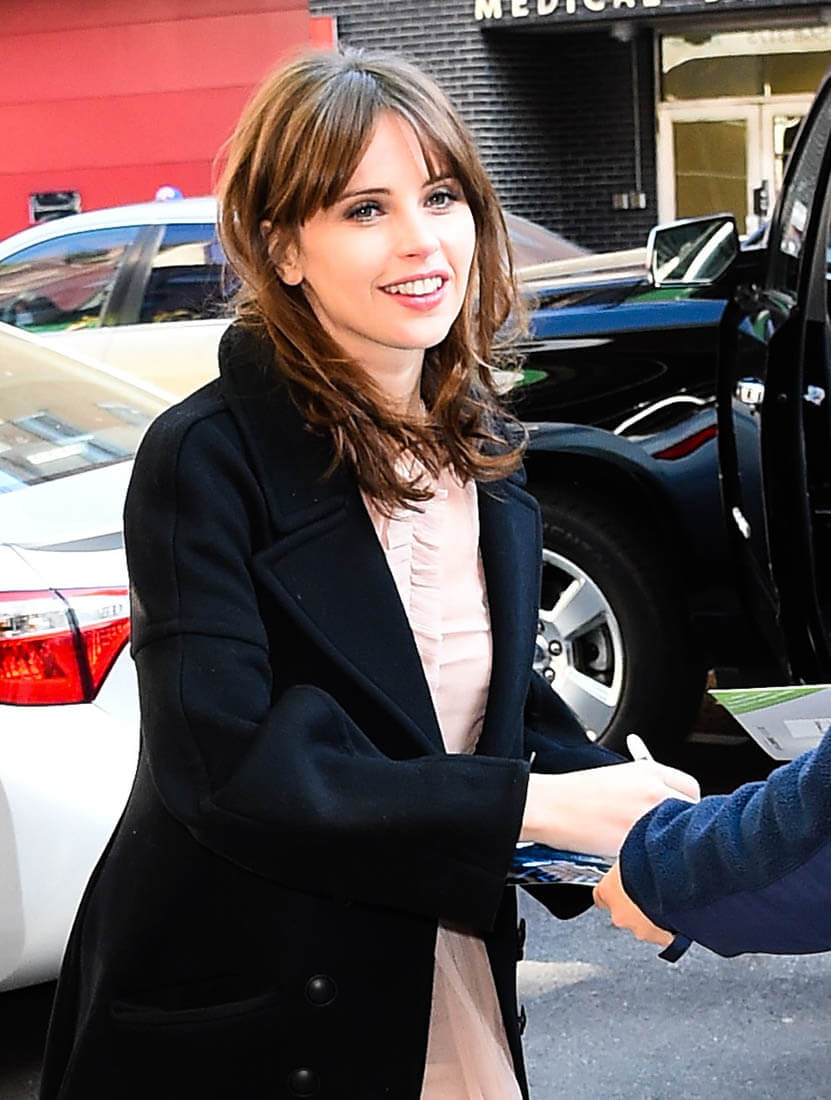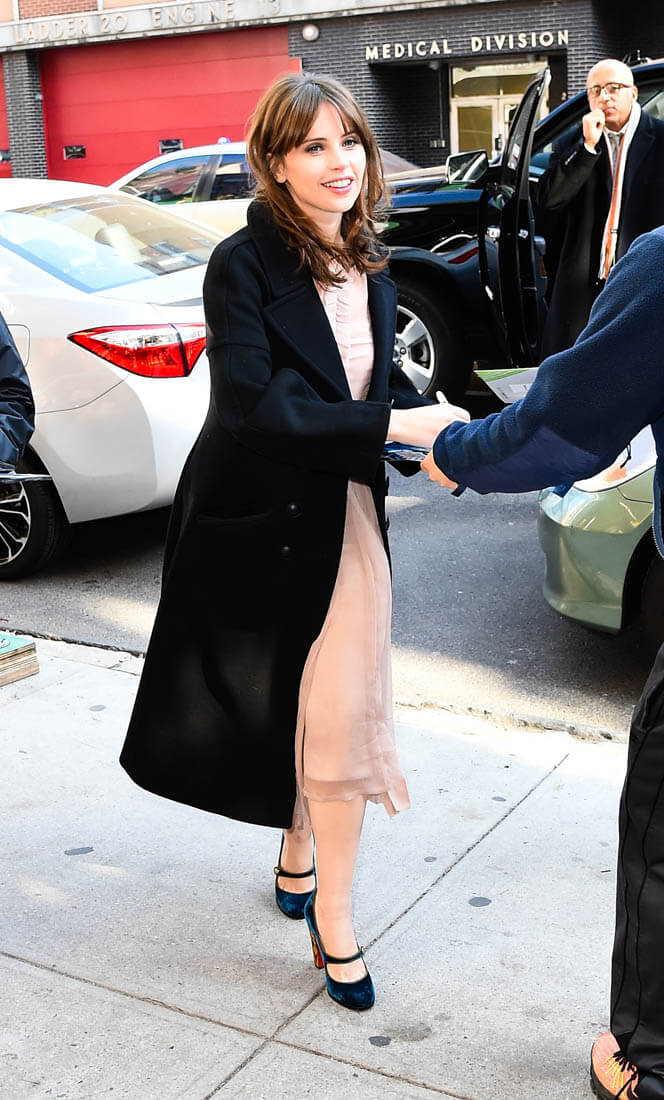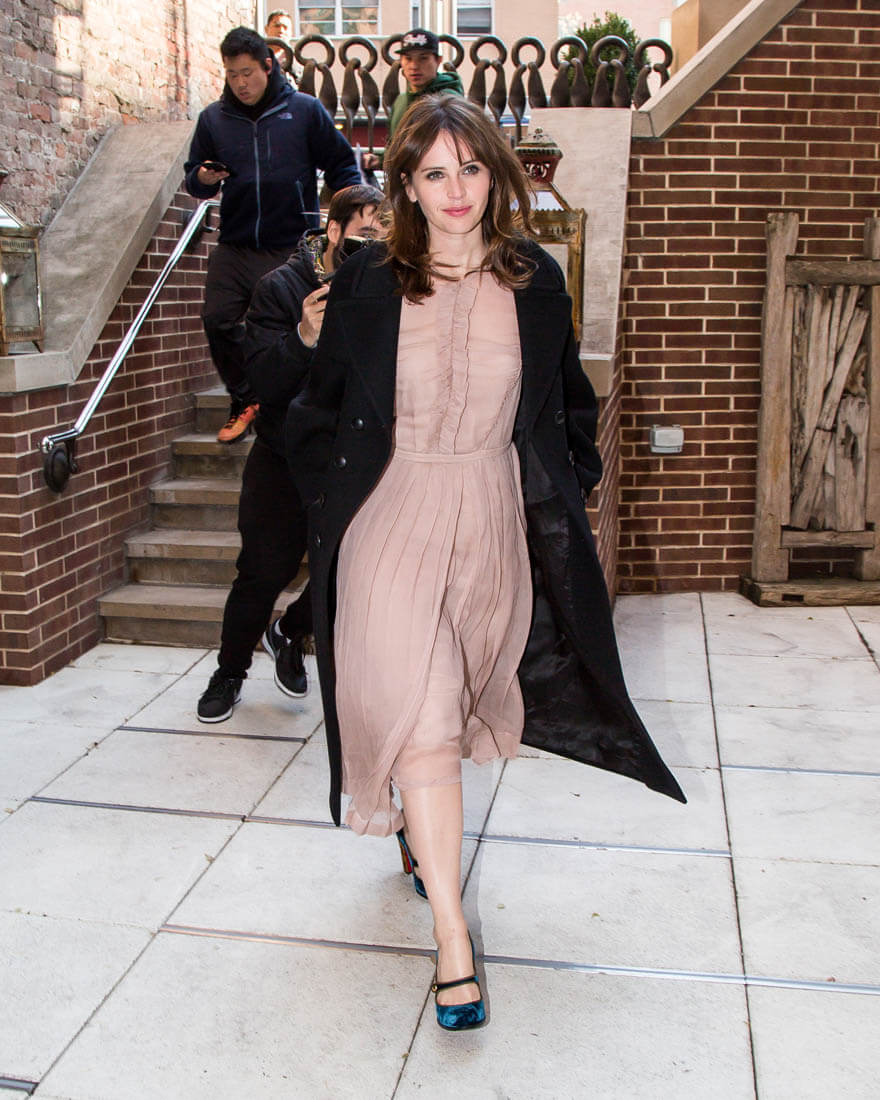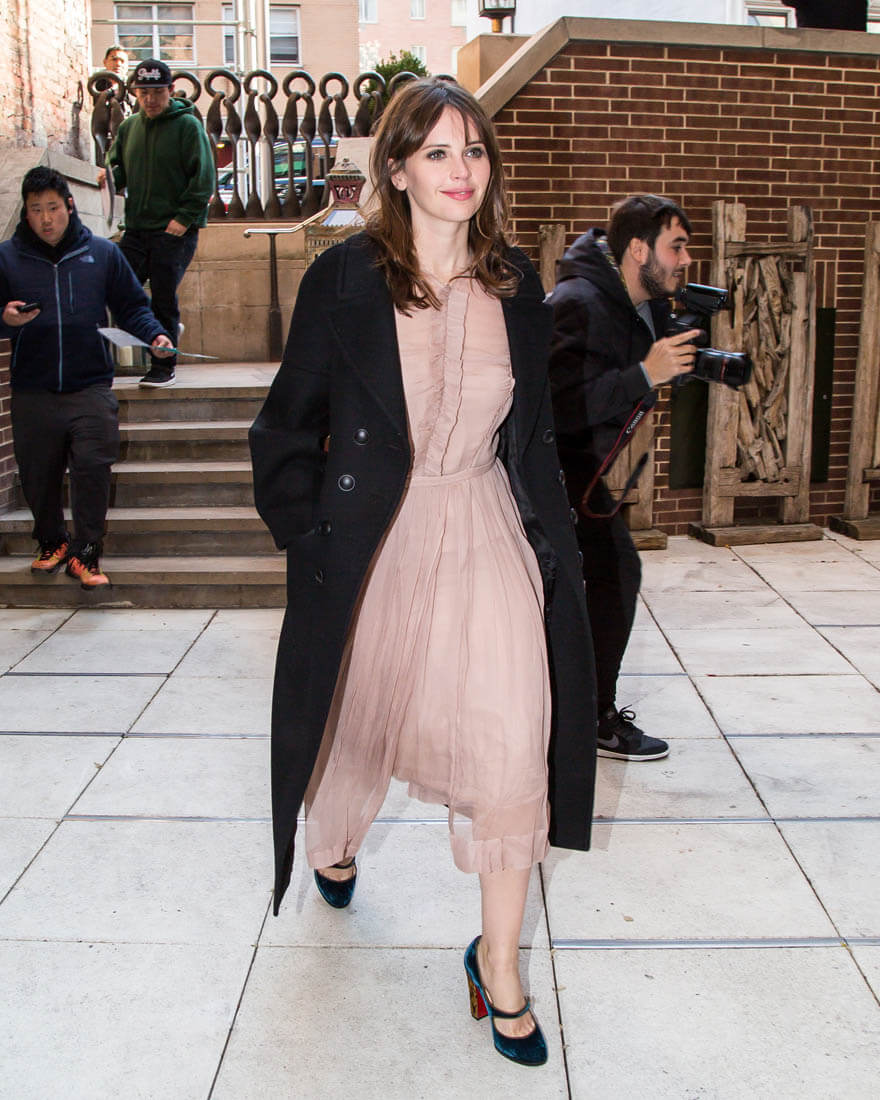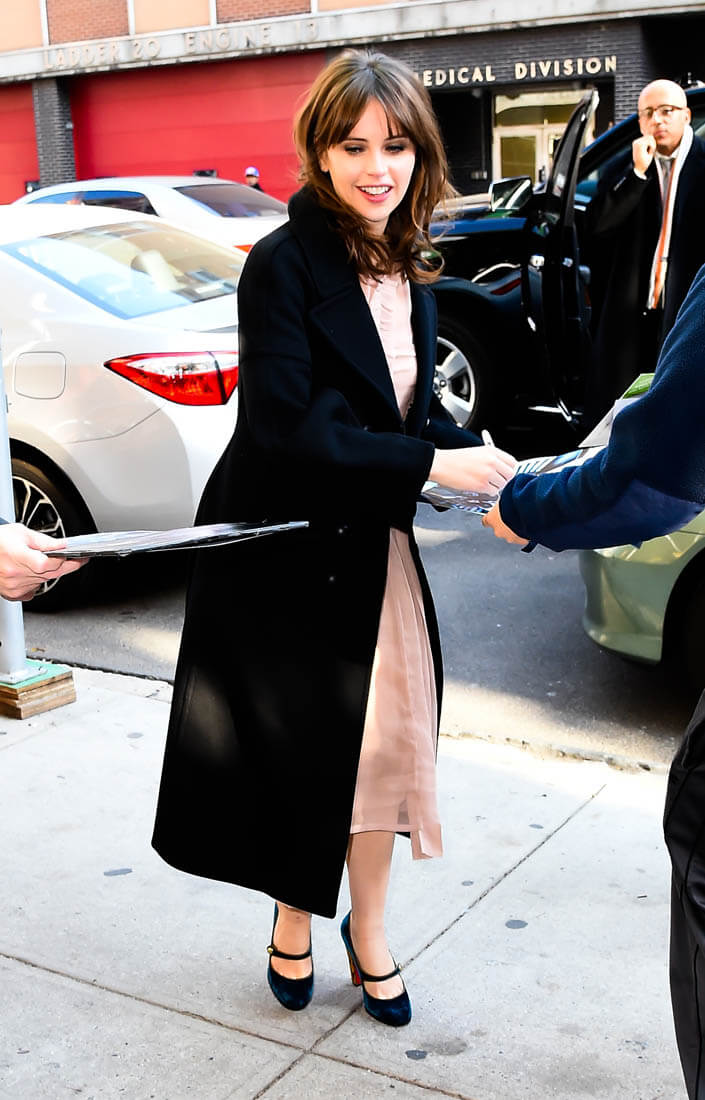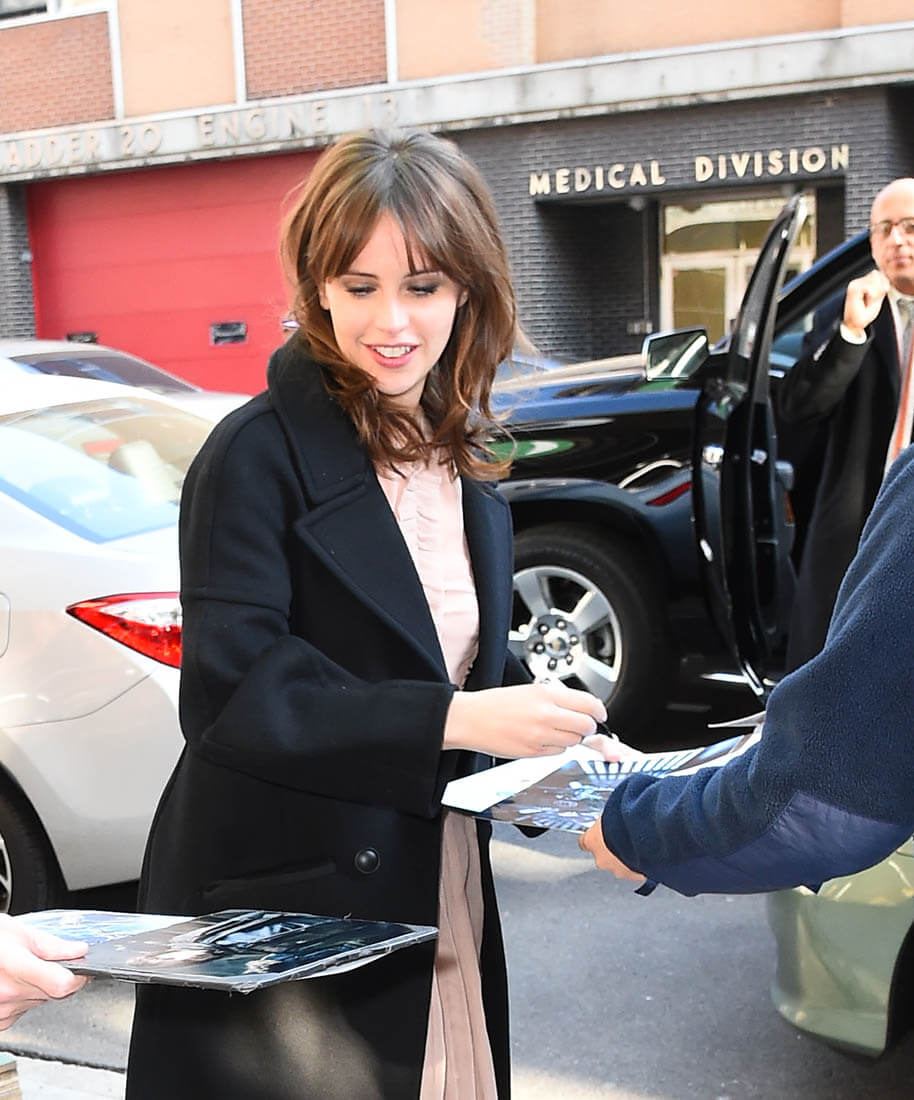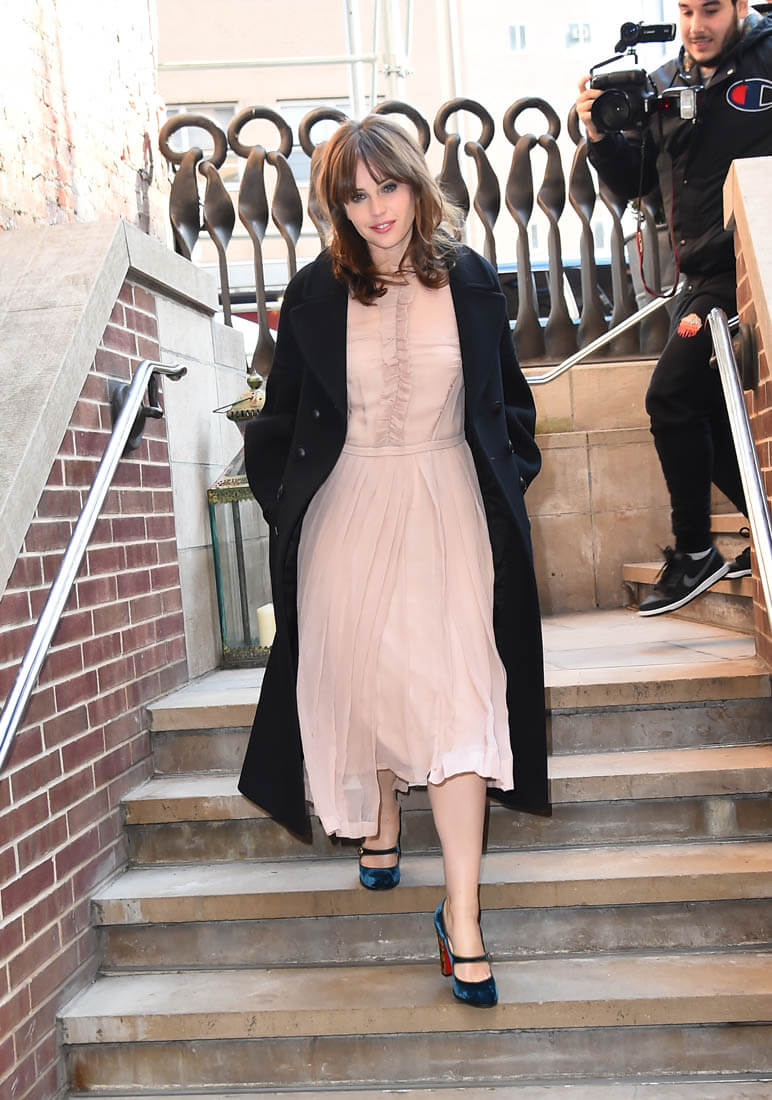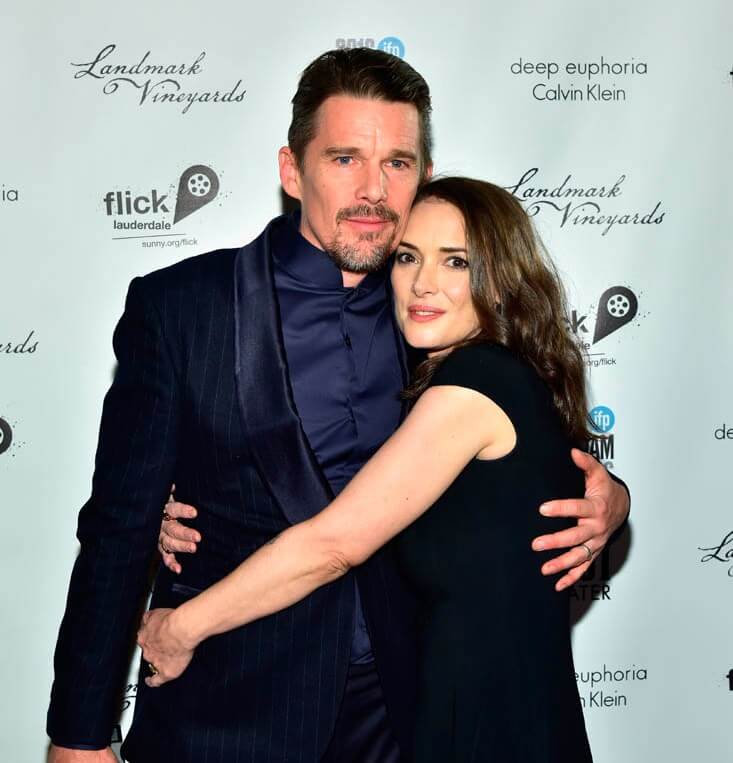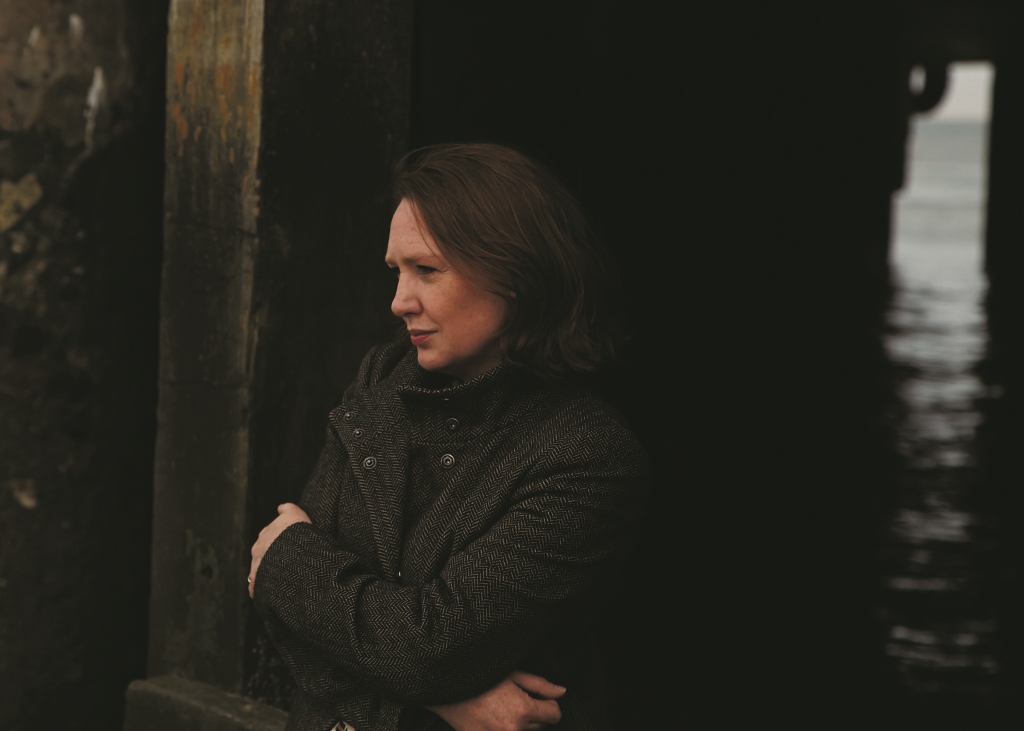“When the time is right” or …not right now?


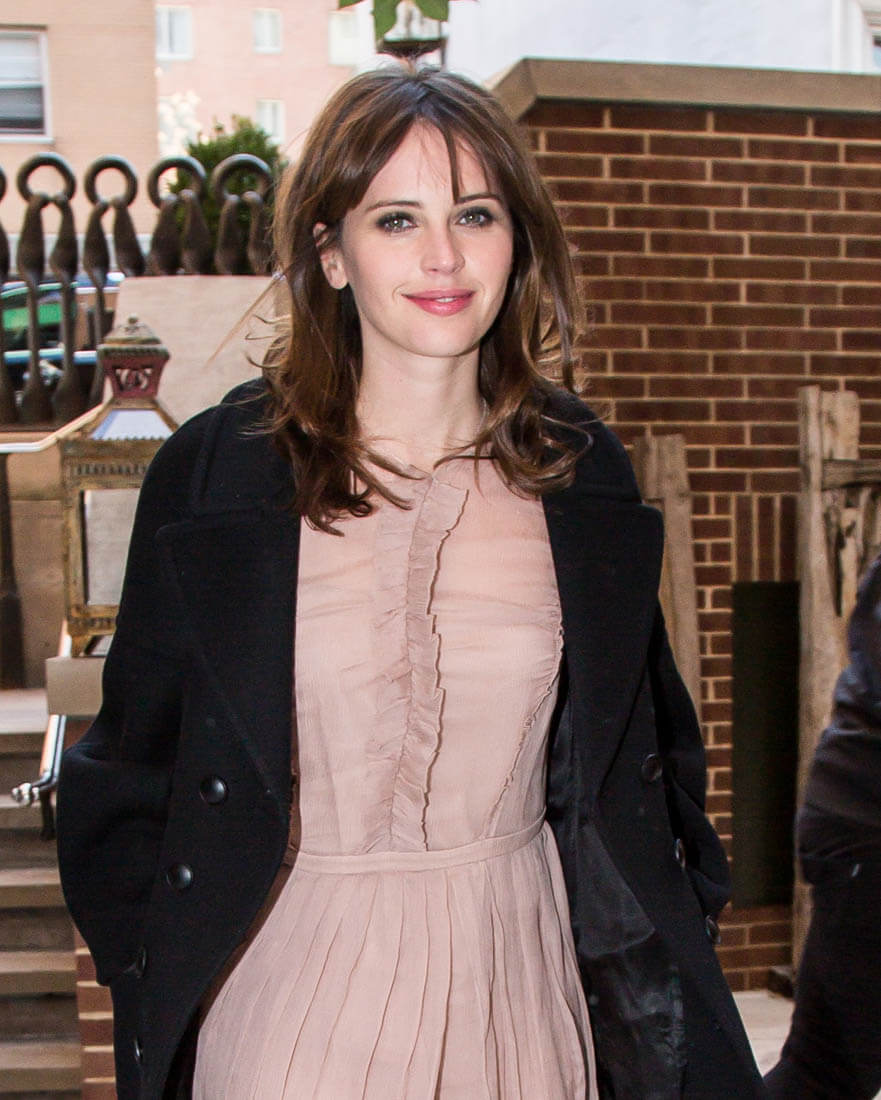
Last December, Star Wars began a new era of storytelling with The Force Awakens and this year it expands that story with a new cohort of rebels and heroes in Rogue One. What these movies have in common, besides the galaxy far far away, are two things: 1) Inclusive casts, and 2) the stewardship of Kathleen Kennedy. Lainey noted yesterday the appeal of Rogue One’s diversity, and it is refreshing that the definition of “diverse” in the Star Wars universe has expanded beyond “British or American accent” and “alien with a fish head”.
But behind the camera Star Wars has the same problem as the rest of Hollywood—exclusively male directorship. Though LucasFilm is headed up by Kathleen Kennedy, who is celebrated as an example of progress in the industry, they have yet to select a female (or non-white) director. Last week in Variety Kennedy talked about her intention to hire a female director for a Star Wars project, saying “We want to make sure that when we bring a female director in to do Star Wars, they’re set up for success. They’re gigantic films, and you can’t come into them with essentially no experience. […] We want to really start to focus in on people we would love to work with and see what kinds of things they’re doing to progress up that ladder now, and then pull them in when the time is right.”
What does that mean, “essentially no experience”? Angie Han at Slashfilm wrote an excellent piece breaking down how the industry deck is stacked against female directors at every level, which leaves them with “essentially no experience” for these blockbusters—a problem that does not plague their male brethren. Colin Trevorrow got Jurassic World after directing one movie, Jon Watts bagged Spider-Man after two genre indies, Joe and Anthony Russo were known as sitcom directors before remaking their careers as the stewards of Captain America.
There are PLENTY of female directors who have that kind of experience. Like the Russos, Michelle MacLaren has a roster of TV credits as long as your arm, including Breaking Bad and Game of Thrones—and she was originally tapped for Wonder Woman before leaving over “creative differences”. (Coincidentally, her replacement, Patty Jenkins, was the first director Marvel hired for Thor 2 before splitting over her own “creative differences”.) Gwyneth Horder-Payton also has a lengthy TV resume including Sons of Anarchy and Justified—Horder-Payton’s calling card is knuckle-busting action sequences. Catherine Hardwicke and Sam Taylor-Johnson started out in indies before directing successful studio pictures, just like Rogue One director Gareth Edwards.
Of course, it doesn’t always work out—Josh Trank famously missed his Star Wars shot—but that does not stop studios from hiring other white guys to direct mega-budget blockbusters. But even when women succeed, they don’t get second chances. Catherine Hardwicke turned Twilight into a global hit and was replaced on New Moon—the rest of the Twilight Saga would be directed by men. And it’s not like anyone else was knocking on her door after a legitimate financial and popular success—Star Wars isn’t calling despite Kathleen Kennedy’s stated desire for female directors with experience. Ditto for Sam Taylor-Johnson, who left Fifty Shades of Grey—also replaced by a man—and is now working on a project for Netflix.
Even when women do get a shot at a franchise, so far it’s directing female-driven projects, like Patty Jenkins directing Wonder Woman or Marvel’s ongoing search for a female Captain Marvel director, and Ava DuVernay directing A Wrinkle In Time. This is an important step, and it’s a necessary one toward greater diversity in storytelling overall, but I’d like to see a woman direct Avengers 5 or Episode X. At least let women compete for the jobs. If a man is the best person for the gig, fine, great, but how can you know when everyone you consider looks the same?
Men can direct bombs and still get franchise offers, but women direct successful films and find themselves shut out of the franchise system. So what, then, is the experience requirement? I would like to know exactly how Kennedy defines “experienced director” and I would then like to know how Mimi Leder fails to meet the criteria. Or when you decide it’s time to tap someone like Amma Asante. “When the time is right” sounds an awful lot like “not right now”. What magical sequence of events needs to occur to make now the right time?
Attached – new photos of Felicity Jones, the star of Rogue One, in New York yesterday.

